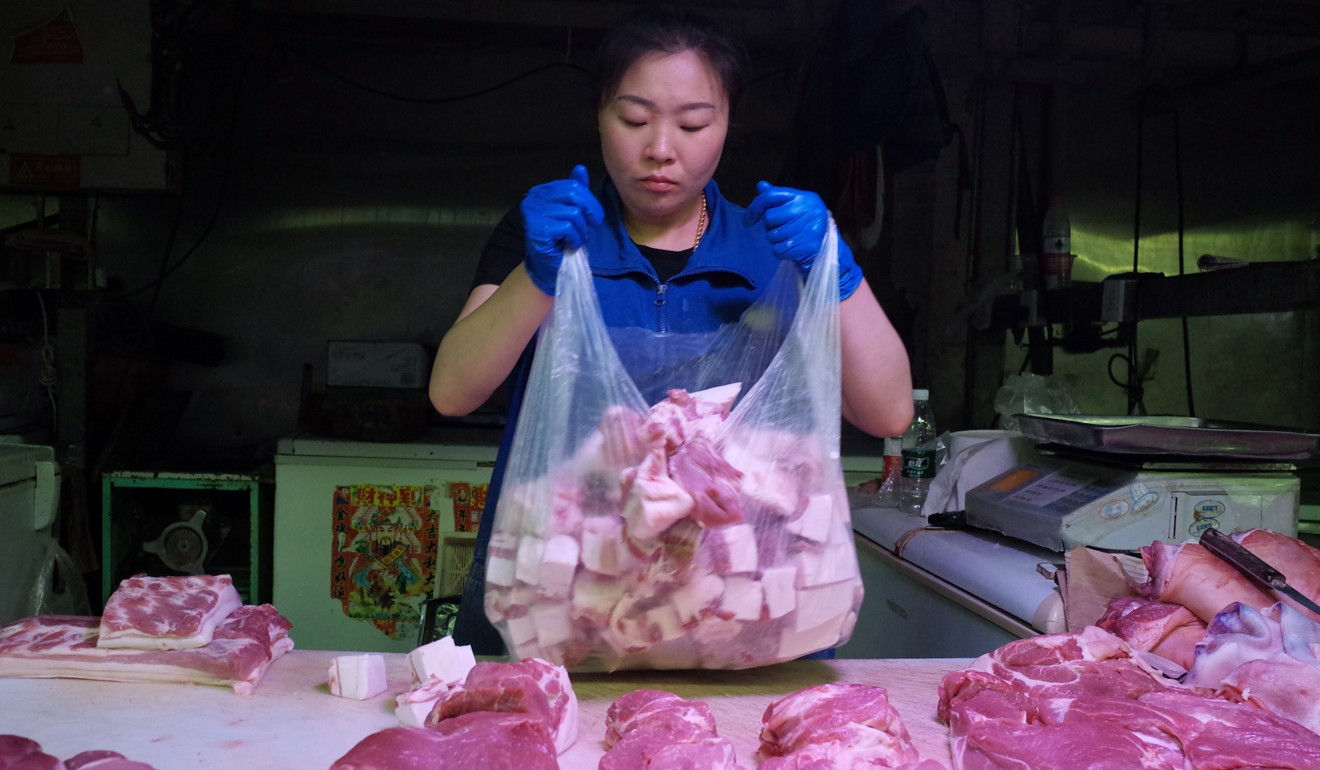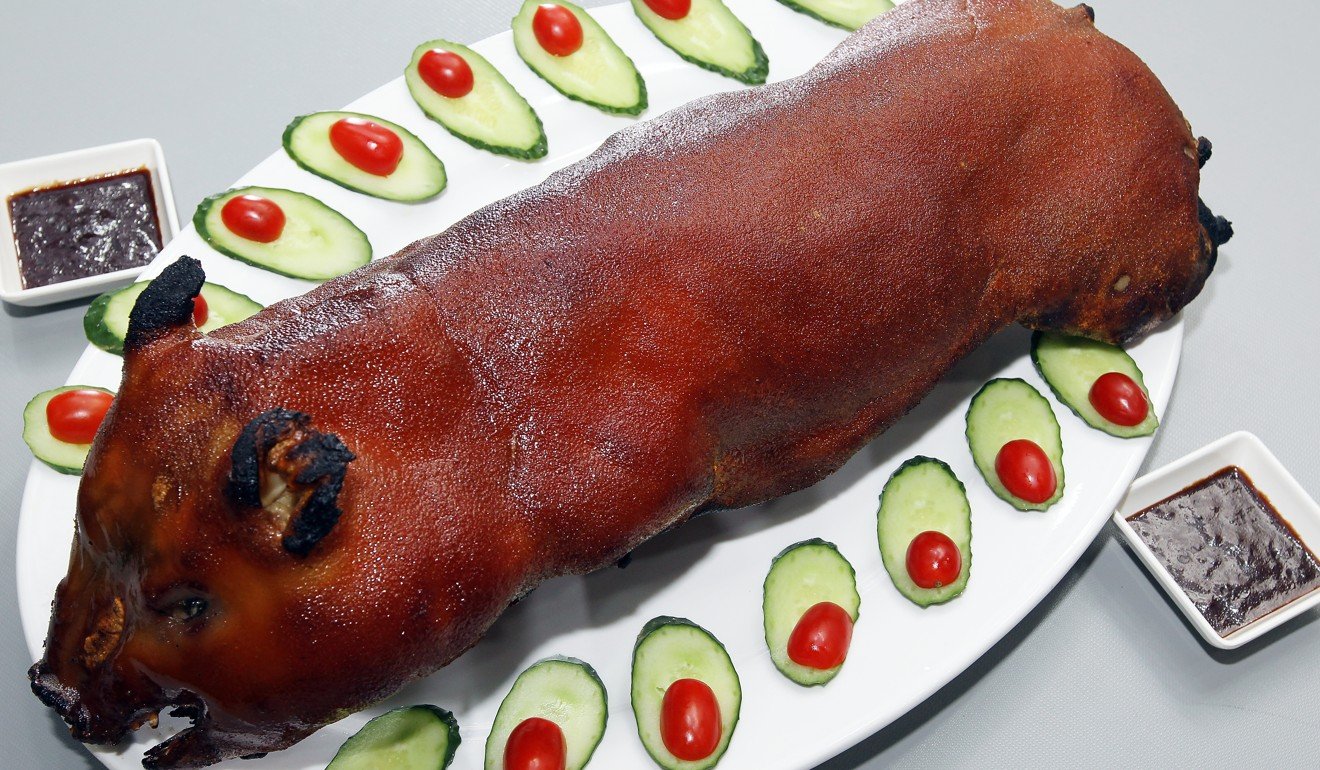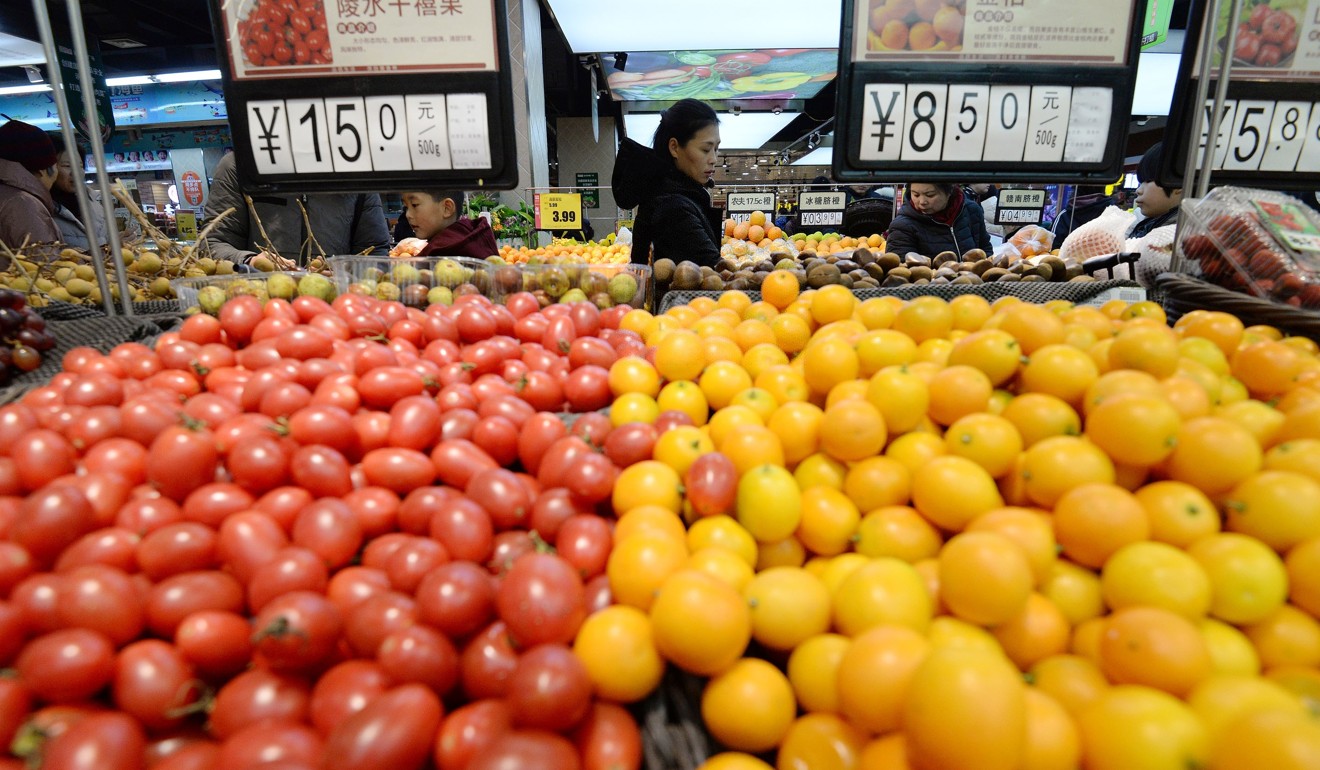
Don’t blame China’s appetite for meat alone as we all have an equal responsibility to save the planet
- An article in The Economist says China’s growing hunger for red meat threatens Latin American forests and Arctic ice caps
- But despite China’s 1.4 billion population, its meat consumption per capita was 61.05kg compared to 115.13kg of the US, according to a UN report in 2013
A recent article in The Economist titled “The planet needs China to curb its appetite for meat” is only partly true, as it is not as simple as giving up meat altogether. Perhaps more suitably, we all need to curb our appetite for meat.
Most people will agree that a reduction in meat consumption will help reduce the man-made impact on the environment, but this should not be the sole responsibility of one country.
No doubt China has an enormous appetite for meat, especially pork. Pork is the most widely consumed meat in the world, followed by poultry, beef and mutton.
China leads the world in pork consumption. The average Chinese person consumes nearly 40kg of the meat annually. As a result, China accounts for half of the world’s pork consumption.
But sadly as the African swine fever outbreak has wiped out hundreds of millions of pigs in China and has pushed up its prices by as much as 70 per cent, many Chinese in rural areas have turned to dogs and rabbits as substitute meat.
African swine fever is deadly to pigs but harmless to people.
Interestingly, China has more than 50 million vegetarians, about four per cent of its total population, according to Xinhua.

Following China’s economic success over the years, its citizens have greatly improved their diets and hence increased their meat intake drastically.
As The Economist article put it: “China’s growing hunger for red meat, specifically, has seen its beef imports grow 40-fold between 2010 and 2018. The boom threatens Latin American forests and Arctic ice caps alike, as cattle-rearing prompts land-clearing and emits greenhouse gases.”
Why Hong Kong’s love affair with meat is leaving planet paying price
As shown by the UN Food and Agriculture Organisation figures for 2013, despite China’s 1.4 billion population, its meat consumption per capita was 61.05kg compared to 115.13kg of the US. Japan consumed slightly less meat than China at 49.45kg.
Hong Kong’s meat consumption is surprisingly high, according to a survey by the European Commission’s Joint Research Centre. It found that an average Hongkonger consumes about 102.7kg of meat annually. This is significantly higher than the global average of 34kg, according to research by the Organisation for Economic Cooperation and Development.
So, it is everybody’s job to show restraint to kick their craving for meat, including a city as small as Hong Kong.

Meat consumption and production have been identified as potential hazards that are accelerating climate change. However, a new study by researchers has suggested that it is crucial to be more mindful of how meat is processed and prepared to reduce its environmental impact.
Meat-hungry Hongkongers told to curb appetite to address ‘water footprint’
University of Oxford researchers have produced a comprehensive analysis of food systems and how they impact the global environment. Their findings have shown that beef consumption needs to be cut by up to 90 per cent in Western countries. The research also pointed out that radical changes in farming practices were essential if we wanted to avoid exhausting the planet’s resources and other catastrophes such as disease and famine.
Some studies are even more specific, such as in order to contain the further deterioration of the global climate system, we need to eat 75 per cent less beef, 90 per cent less pork, and half the number of eggs while tripling the consumption of beans and pulses and quadrupling our intake of nuts and seeds.
Beijing has plans for its population to consume less meat to boost health and cut back on increased incidence of obesity, diabetes and high blood pressure, among many other life-threatening diseases.
Something needs to be done urgently.

In China, as well as Hong Kong, eating meat and delicacies such as shark fin is wrongly perceived as a sign of prosperity or a symbol of class. I was at a relative’s wedding banquet earlier this year, and they served shark’s fin soup. When I refused to eat the delicacy and put the bowl aside, I explained my action was to protest against the cruelty of the tradition. The guests at my table remained unmoved and continued to finish the dish.
It is often the long-held traditional mindset that drives people to continue to uphold certain customs, such as eating dog meat, which is seen by some as a health tonic or an aphrodisiac.
The world’s biggest pork eaters are developing a palate for beef and other substitutes
People therefore need more impetus such as sustainable alternatives to help them transition while forging a change of mindset and habit. Even small changes such as halving your meat consumption or buying from more sustainable sources can make a positive difference.
For example, in Britain about 5 per cent of the population is vegan and there are lots of options for eating vegan there and in Europe.
We all have an equal responsibility and a significant stake in this; it is not a comparison to see who is doing worse, but a race against time to see who is doing their utmost as quickly as possible. Time is ticking away for our planet, and we need to act swiftly if we wish to continue living on it and using its finite resources.
Luisa Tam is a correspondent at the Post

